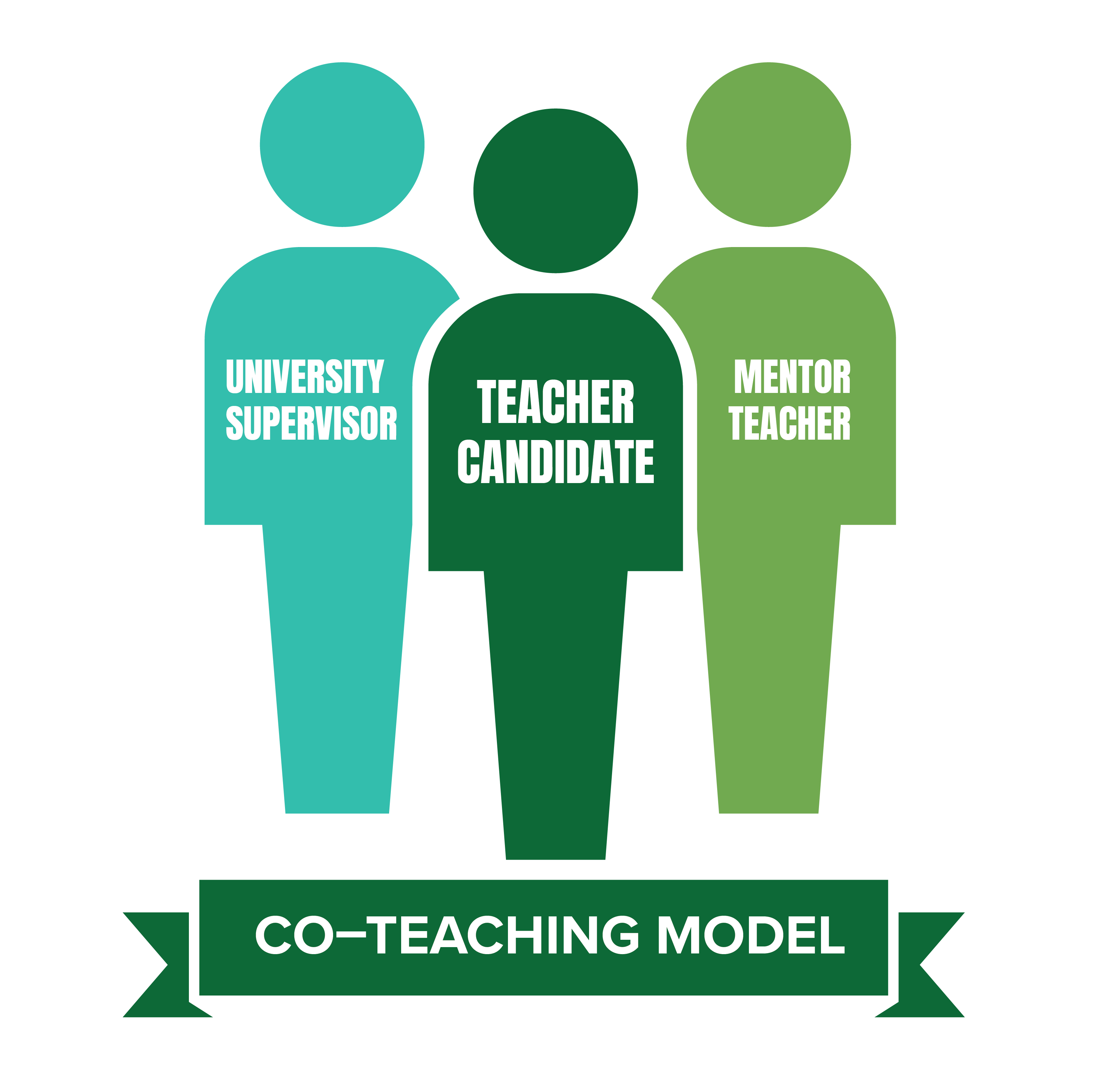early Childhood Education
Prepare to shape future generations and become one of the most important caregivers in the life of a child. Complete a Bachelor of Science Degree in Early Childhood Education. Through this degree, you will be prepared to be licensed to teach children from birth to grade 3. Early childhood educators guide children through the beginning of their path to becoming lifelong learners through play, authentic learning experiences, and social encounters with peers and adults alike. If you've always dreamed of working with young children, a degree in Early Childhood Education may be for you!
UW-Parkside offers coursework leading to a license in Early Childhood Education (birth-grade 3) through an articulation agreement with the Wisconsin Technical College System. Future teachers seeking an Early Childhood license must complete an Associate of Applied Sciences degree in Early Childhood Education at a WTCS school before moving to Parkside to complete the Bachelor's degree. An Early Childhood Education license enables future teachers to teach young children from birth through Grade 3. UW-Parkside students in this program will develop a knowledge base in early childhood methods in literacy, math, science, and social studies, participate in co-teaching clinical placements at various developmental levels, conduct action research, become familiar with a variety of educational technology, and gain firsthand teaching experience in early childhood classrooms. This program maintains separate GPA and admission requirements and requires a background check. This program culminates in a semester-long, full-time, school-based Residency (student teaching) experience.
PROGRAM HIGHLIGHT
CO-TEACHING MODEL
The Teacher Education program has adopted a collaborative model called co-teaching to support your development as a future teacher. Once admitted, you, as a teacher candidate, will work with a mentor teacher to support student learning in an area PK-12 classroom. The goal of the co-teaching partnership model is to support you, as a teacher candidate, attain a high level of success during your clinical placements and in your first job.
Teacher Candidates collaborate with school professionals and are actively involved and engaged with PK-12 students to improve student outcomes.
Mentor Teachers commit to supporting and developing a teacher candidate’s knowledge, skills, and dispositions about what it means to be both a teacher and a learner.
University Supervisors cooperate with both the mentor teacher and teacher candidate through communication and observation to support the co-teaching partnership model.

Frequently Asked Questions
How do the clinical hours work? Teacher candidates (you) work alongside a professional educator (a teacher) to support student learning at area schools. Depending upon your major, you will complete a predetermined number of clinical hours at different developmental or grade levels.
How will I fit clinical hours into my semester schedule? By learning and utilizing time management skills, you will be able to work these hours into your semester schedule. Clinical hour requirements vary per level and licensure area. You must take into account your travel time to and from your placement as well as clinical hour requirement. The teacher education advisor is available to work with you to learn time management skills.
What if I don’t end up liking teaching?
Don’t worry! Exploring is very important to help you learn what you like or dislike about any degree program. EDU 100 is a good class to introduce you to the teaching profession. If you decide that teaching isn’t for you, you can work with the teacher education advisor to change your major or continue exploring your options.
CAREER OPPORTUNITIES
Career Opportunities
Coursework in this program can lead to a license in Early Childhood Education. Teachers with an early childhood license are qualified to work as classroom teachers for children from birth to Grade 3. Additional employment opportunities can include daycare teacher or director, Head Start teacher, or home-based care provider. Further education at the graduate level can lead to such careers as a school principal, counselor, educational specialist, or instructional program coordinator.
PROGRAM CONTACT INFO
GRNQ 210 | 262-595-2180 | teachereducation@uwp.edu



